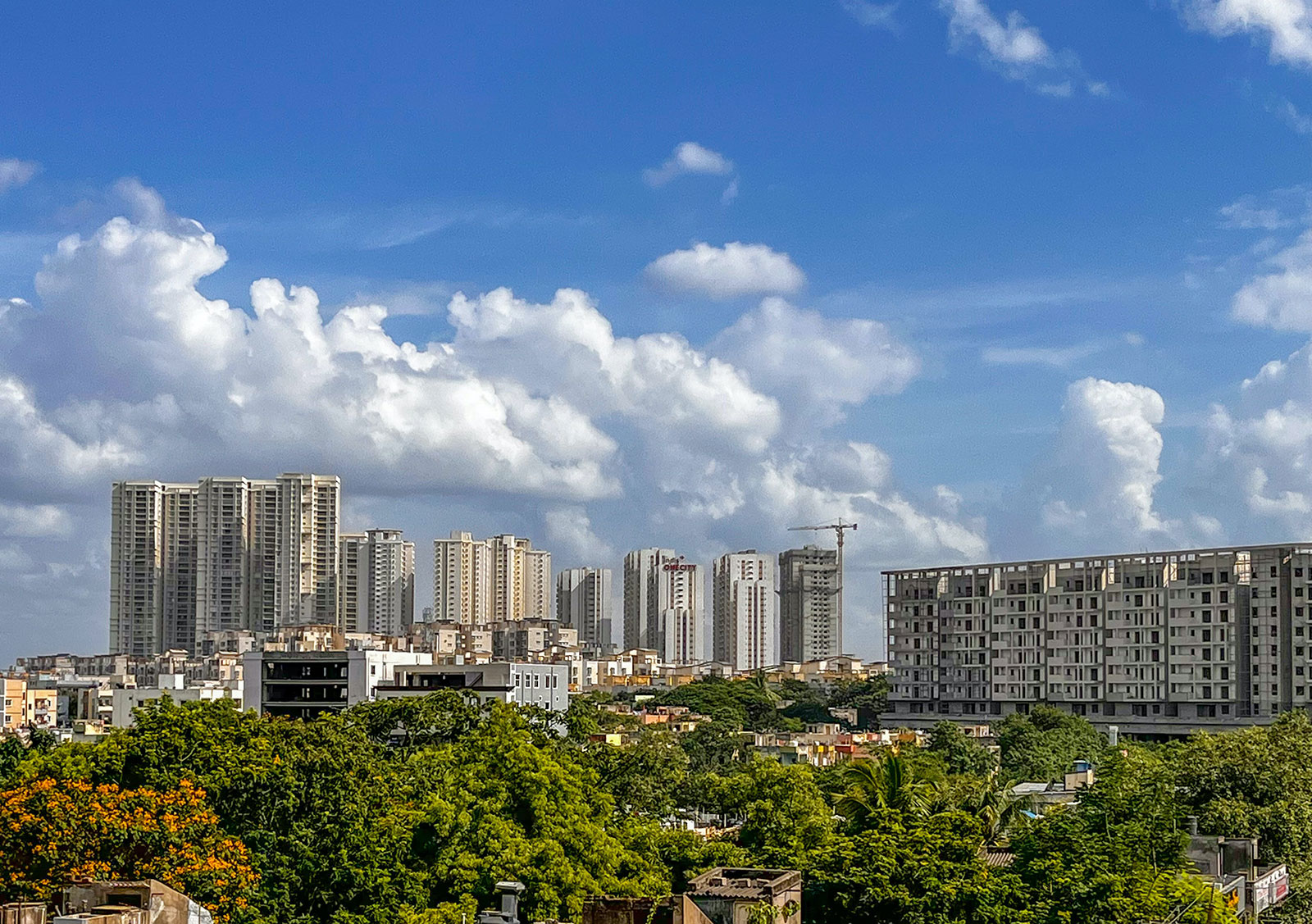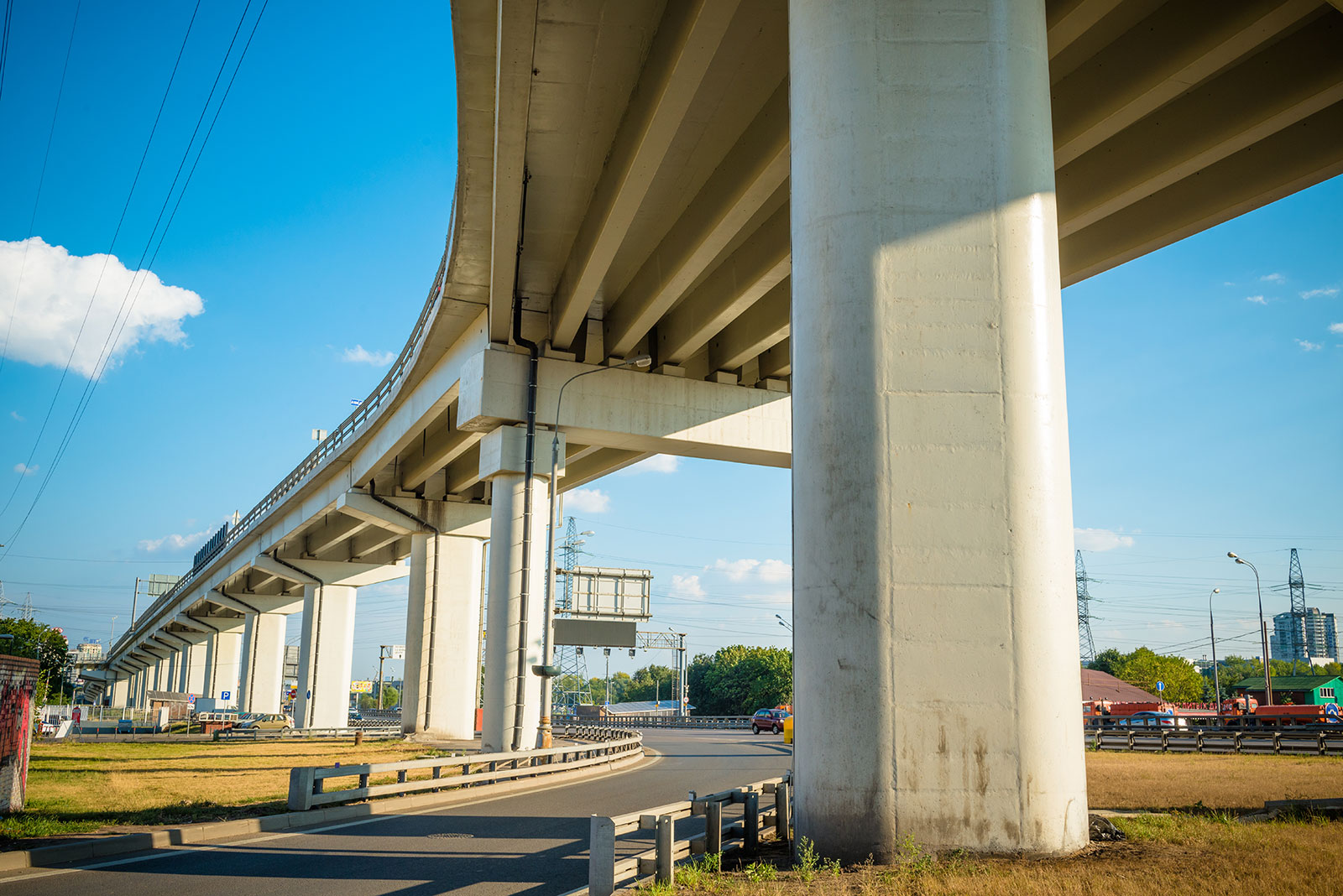Financing a Sustainable Urban Future in Indian Cities
Urban Planning Strategies to Catalyze Liveable, Green, and Inclusive Cityscapes through Collaborative Financing Initiatives.
The urban drumbeat in India is echoing louder than ever before. With over a third of the nation’s populace projected to inhabit urban areas by 2050, the vibrancy of Indian cities will determine the country’s trajectory in several spheres: economically, socially, and environmentally. The onus is not just to recognise the pressing need for urban sustainability but also to answer the pivotal question: How can we finance it?
The Imperative of Liveability
Sustainability doesn’t just revolve around eco-friendly initiatives. The essence lies in creating urban environments where people can live, work, and play with ease. Liveability is a holistic measure encompassing the quality and affordability of housing, the efficiency of transport systems, the availability of green spaces, and the effectiveness of healthcare and education services.
Indian cities, with their rich cultural heritage, burgeoning tech hubs, and diverse populations, possess the potential to be world leaders in liveability. However, without adequate financial mechanisms in place, the chasm between the present state and the desired outcome could widen.

Financing urban sustainability is not a solitary task. It demands the collective effort of various stakeholders:
- Government: Policy formulation lies at the heart of the government's role. Policies that promote green infrastructure, incentivise private investments in sustainable projects and offer tax benefits for eco-friendly initiatives can catalyse the transformation of urban landscapes. Moreover, the government can facilitate frameworks for Public-Private Partnerships (PPPs), which could bring resources and expertise to the table.
- Private Sector: India boasts a robust private sector with significant financial muscle. Corporations can bring in the necessary investments, drive innovation, and scale sustainable solutions. They can actively partake in PPPs, bring in technology-driven solutions, and implement best practices worldwide.
- Civil Society: Non-Governmental Organizations (NGOs) and community groups offer the grassroots perspective. Their involvement ensures that urban development is inclusive, catering to the needs of every demographic. They can aid in monitoring, accountability, and generating awareness among the masses.

While traditional financing sources like government grants, bank loans, and equity investments remain essential, the enormity of urban challenges calls for out-of-the-box solutions:
- Municipal Bonds: These debt securities can be issued by urban local bodies to fund public projects. Cities like Pune have already embarked on this path, leveraging municipal bonds to finance water infrastructure projects.
- Green Bonds: Specifically intended for projects with environmental benefits, these bonds can be instrumental in funding clean transport, renewable energy, and waste management initiatives.
- Land Value Capture (LVC): A strategy wherein the increase in land prices resulting from public investments (like metro rail systems) is captured by the government to finance urban projects.
- Crowdfunding: Leveraging the power of the internet to source small amounts of funding from a large number of people can fund community-driven projects or innovative urban solutions that might not attract traditional investors.
- Impact Investment Funds: Investors specifically seek projects that offer both financial returns and positive social or environmental impacts. Such funds can drive sustainable urban projects that align with their dual objectives.
In conclusion, the journey to finance a sustainable urban future for Indian cities is not just about pooling resources—it’s about vision, collaboration, and innovation. The mosaic of stakeholders, from government bodies to ordinary citizens, must come together, sharing both responsibilities and aspirations. As we mark World Cities Day, let's pledge to make every urban heartbeat in India echo with sustainability and inclusivity.



